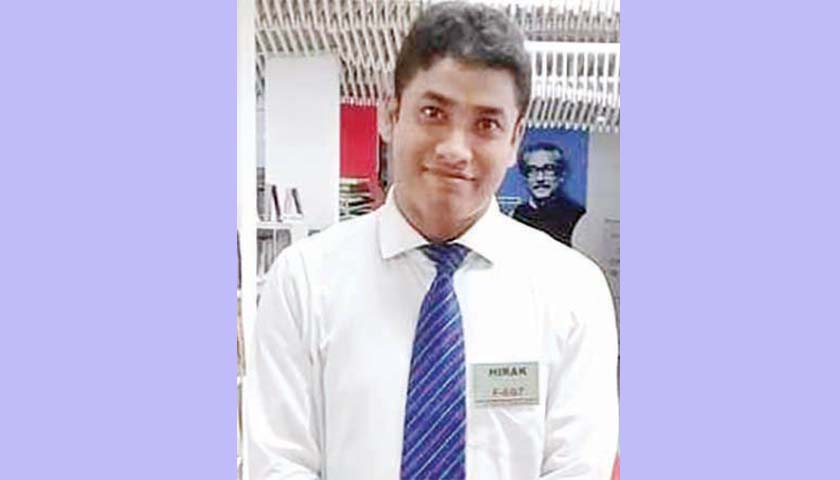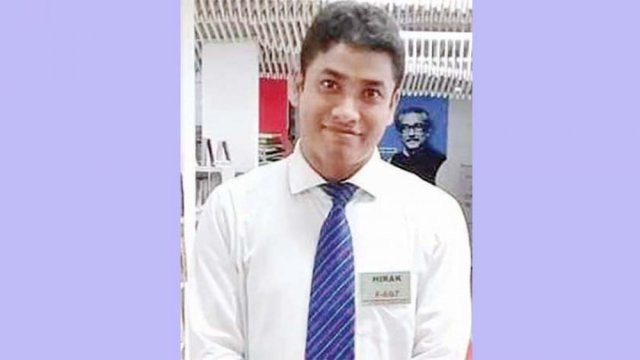Five years ago, Hirak Kumar Das embarked on a career journey that would eventually lead him from the hallowed halls of education to the prestigious corridors of the administration cadre. It was a significant transition, one that saw him evolve from an educator to an executive magistrate in the quaint town of Jamalpur.
However, in a twist of fate, his career took an unexpected turn as he lost his battle against Covid-19. Nearly three years after his untimely demise, his name surfaced in an unusual administrative shuffle.
In an uncanny turn of events, the name of the late Hirak Kumar Das, once a respected educator, made its place at the centre of a perplexing transfer.
Despite having passed away, he was portrayed as an active lecturer in English at Dinajpur Government College. The Education Ministry's Secondary and Higher Education Division took the unusual step of relocating him to Domar Government College in Nilphamari, a decision that raised many eyebrows.

This enigmatic transfer was not an isolated incident; it was part of a broader directive issued by the Secondary and Higher Education Division of the Education Ministry. The order instructed several individuals, including Hirak, to assume their new positions by November 6. The directive bore the signature of Senior Assistant Secretary Mst. Rebeka Sultana, whose role in this puzzling affair remains unclear.
This surreal situation left the education sector in a state of bewilderment. Dainikshiksha.com attempted to seek an explanation from Secondary and Higher Education Secretary Suleman Khan, but its efforts were in vain. An anonymous official within the ministry provided a glimpse into the inner workings of the government college wing at the Directorate of Secondary and Higher Education, revealing that the decision was based on data related to the education cadre.
Zahirul Islam, the former president of the nationalised college teachers' association, shed light on the intricacies of the education cadre. During the tenure of the military ruler Ziaur Rahman, the government the BCS general education cadre and assimilated the government college teachers into it. This unification brought together individuals who had directly passed the regular BCS examination, those who were absorbed from non- government colleges after their nationalisation, and those who had entered the education cadre through a 10 per cent quota from private colleges, he said. Additionally, individuals who had completed a special BCS examination with varying marks and head teachers of government high schools and district education officers were part of this diverse mix.
`With such a kaleidoscope of backgrounds and qualifications, maintaining accurate and up-to-date information became a challenging endeavour, resulting in the perplexing transfers that have left the education community scratching their heads. In the end, this curious case serves as a reminder of the complexities that can arise when an administrative system is tasked with managing a diverse and evolving cadre of professionals, he added.







